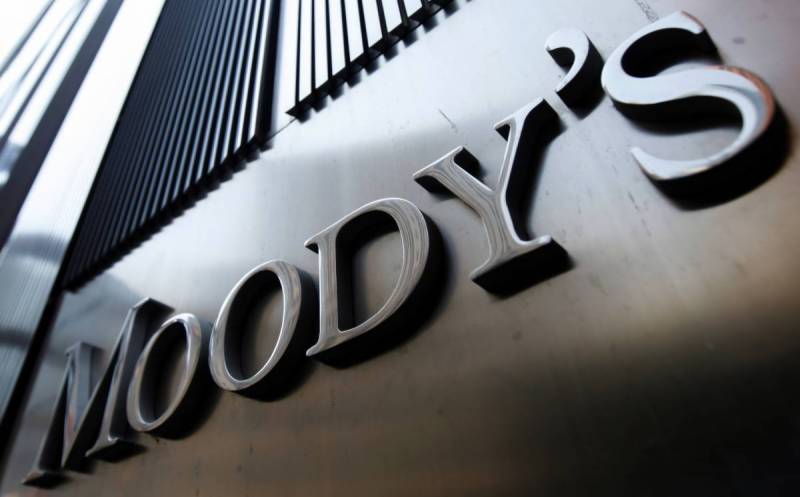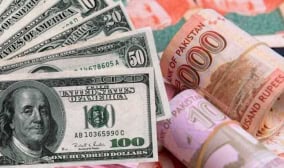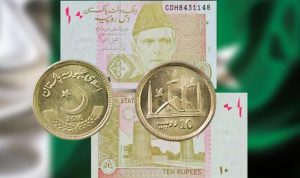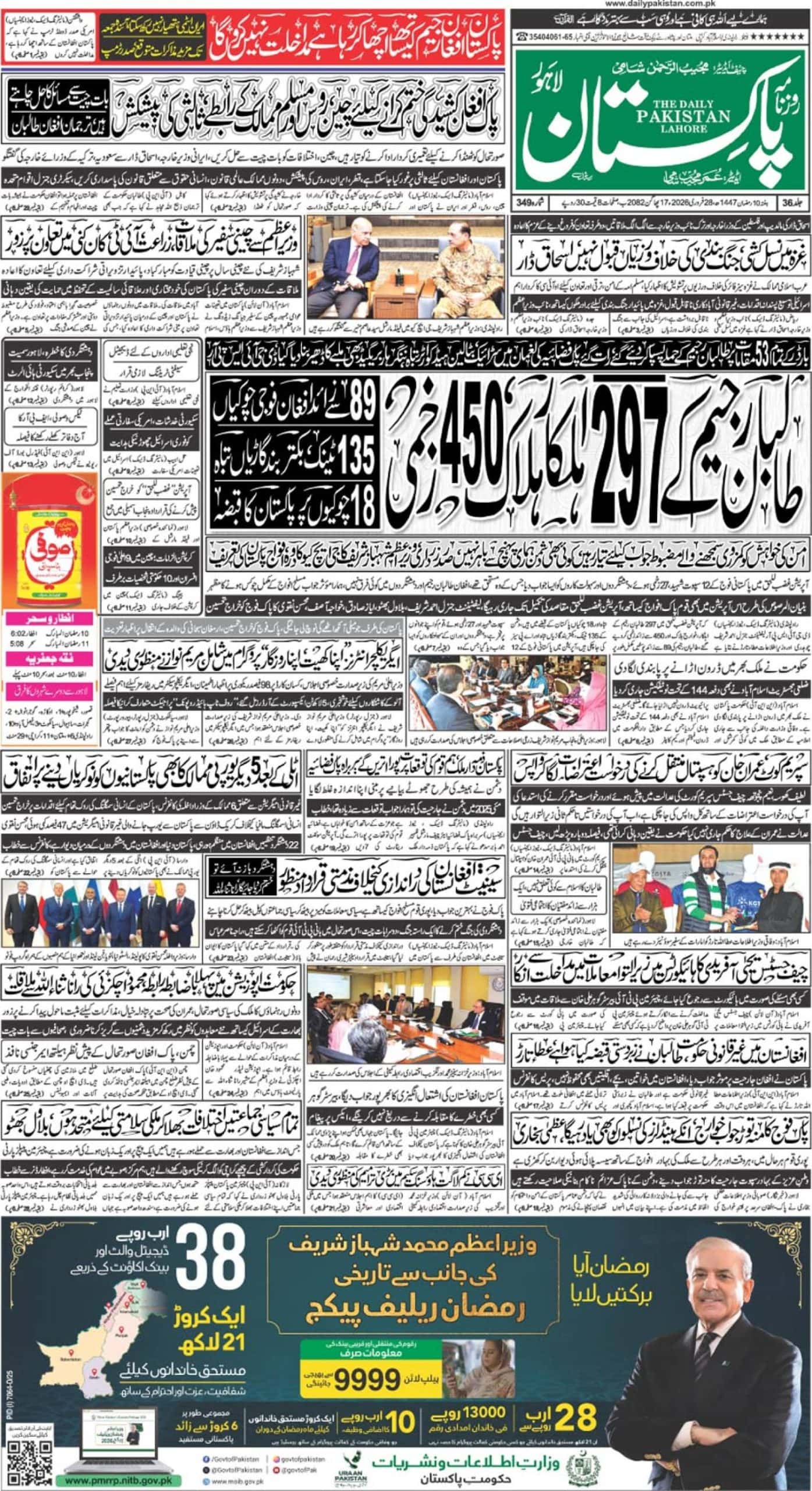NEW YORK – Moody’s Investors Service on Tuesday downgraded the long-term deposit ratings of five Pakistani banks – Allied Bank Limited (ABL), Habib Bank Ltd. (HBL), MCB Bank Limited (MCB), National Bank of Pakistan (NBP) and United Bank Ltd. (UBL).
The rating agency has also “downgraded the five banks’ long-term foreign currency Counterparty Risk Ratings (CRRs) to Caa1 from B3”.
As part of the same rating action, Moody’s lowered the Baseline Credit Assessments (BCAs) of ABL, MCB and UBL to caa1 from b3, and as a result also downgraded their local-currency long-term CRRs to B3 from B2 and their long-term Counterparty Risk Assessments to B3(cr) from B2(cr). The BCAs of NBP and HBL were affirmed at caa1. The outlook on all banks’ deposit ratings remains negative,” read Moody’s official statement.
The development comes days after Moody’s cut the Pakistan’s issuer and senior unsecured debt ratings to Caa1 from B3, and maintained a negative outlook, for first time in seven years.
Moody’s said that the rating actions reflect Pakistani government’s reduced capacity to support the banks, which has affected the banks whose ratings benefit from government support (namely NBP and HBL); the high credit linkages between the banks’ balance sheets and sovereign credit risk, which constrains the banks’ Baseline Credit Assessments at the level of the Caa1 rated government; and the lowering of Pakistan’s foreign currency ceiling to Caa1, which has affected the foreign currency CRRs of all rated banks.
“The reduced capacity of the Pakistani government to support the banks in case of need… is indicated by the downgrade of the sovereign’s bond rating to Caa1, from B3, which was driven by worsening economic outlook, increased government liquidity and external vulnerability risks and higher debt sustainability risks, in the aftermath of devastating floods that hit the country since June 2022.
“As a result, NBP’s and HBL’s deposit ratings no longer incorporate a government support uplift,” it said.
It highlighted that ratting of the banks has been downgraded mainly because of “the rated banks’ very large holding of sovereign debt securities, at between 7-14 times their Tier 1 capital, which will continue to link their creditworthiness to that of the government, whose ratings are on negative outlook”.
The outlook also reflected “increased vulnerabilities on the banks’ financial metrics and standalone credit profile that stem from Pakistan’s challenging macro-economic and operating conditions; the latter could also lead Moody’s to reassess its macro profile for Pakistan, which currently stands at “Very Weak +”.
Dar Vows to Give Befitting Reply to Moody’s
After the Moody’s downgraded the Pakistan’s rating, Finance Minister Ishaq Dar warned that he would give a “befitting reply” in an official meeting if the agency did not reverse the downgrade of Pakistan’s sovereign credit rating.
Talking outside an accountability person in Islamabad last week, Dar said he had spoken to the agency’s officials and told them that they “should not have done it”.
Moody’s should have consulted Pakistan prior to the downgrade, the finance minister said, adding that there was “no cause for worry” as rating agency Fitch had also downgraded the United Kingdom earlier this week.
“The main work of these rating agencies is related to bonds. We floated $500 million bonds in April 2014 and we had 14 times oversubscription.














